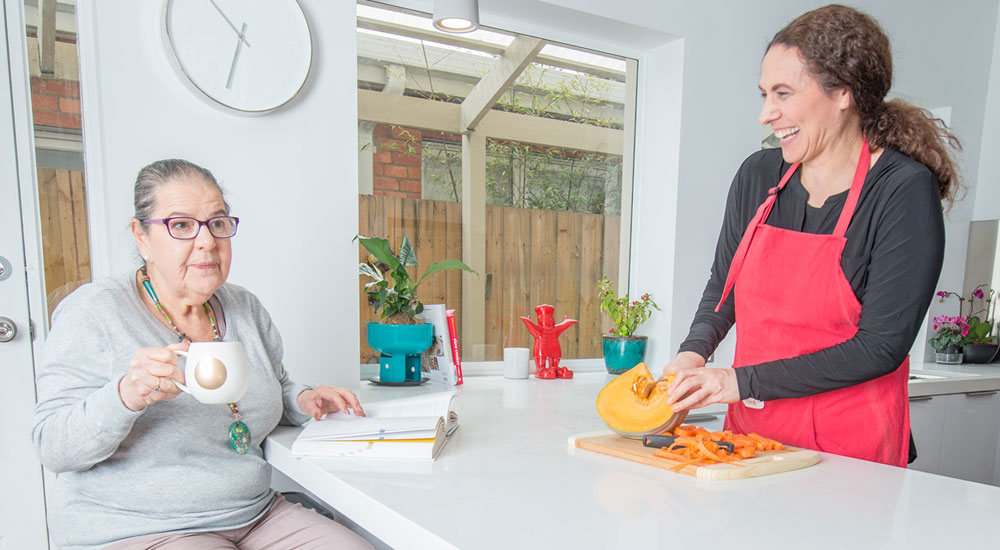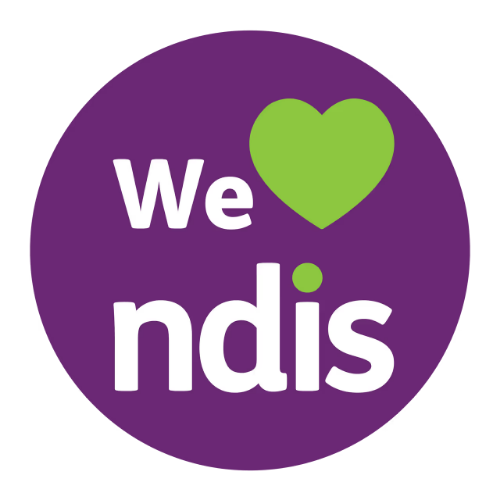NDIS goals set the foundation of the supports one is able to get. It goes without saying that setting good NDIS goals and objectives is therefore a very important part of developing one’s NDIS plan, something that should be given careful thought about.
Deciding on what your NDIS goals are, however, challenging (daunting even) especially if it is the first time you (or your loved one) are accessing the supports and services.
If you’re unsure where to start or how to prioritise all that you want to achieve, or if it is simply just too overwhelming a process for you, here is a guide to help you get started and navigate what needs to be done.
NDIS Goals Defined
Before anything, it is perhaps wise to understand what exactly are NDIS goals.
Putting it simply, NDIS goals are essentially the things you want to work towards and pursue with the support of the NDIS.
For instance, if there is a specific type of support you wish to be paid by your NDIS funding, then it has to be, in some way, related to helping you achieve one of your NDIS goals.
You will communicate them with your Support Coordinator during your planning meeting, and they will try to understand the things that are important in your life based on them. These will also be the basis of consideration when determining the approval of your plan – whether the funded supports enable you to pursue your goals and aspirations.
How to Come Up with Your NDIS Goals and Objectives?
The first step in coming up with your NDIS goals is to think about your life. What do you enjoy, what do you want to accomplish and what you’d like to improve.
Consider what activities bring you happiness and would improve your daily life. Think about them in 3 categories – physical, social and independence – both over short and long term. Here are some examples:
Physical: playing a sport, walking unassisted
Social: joining a social club, have better community access, the ability to communicate more effectively
Independence: live in your own home as autonomously as possible, travel independently, have economic independence i.e. getting a job
As you can see, goals can be small or big. Narrowing them down to 2-3 over the next 12 months, and distinguishing them with what you want to achieve over the next 2-3 years is something we find very helpful in giving clarity when setting your NDIS goals and objectives.
Once you have outlined what’s important to you and what you enjoy doing, it will make it much easier to turn them into actionable NDIS goals.
Some Tips and Advice
It is important that you know that in deciding whether or not to approve your plan, the NDIS considers whether the funded supports will help you pursue your goals and objectives. To do this, they will have to look at your NDIS goals so you should only set goals that are tailored to you.
Related to, and in accordance with, your own personal circumstances. This is the reason why everyone’s NDIS journey is individual and unique. The supports you ask for should be those that will help overcome any disability-specific barriers that are stopping you from pursuing your goals.
One common mistake/misunderstanding which many people have is that they think the more and bigger they set their goals to be, the more and bigger funded supports they will receive. That is not true.
Simply setting a goal in your plan does not necessarily mean the NDIS will give you the funding to pursue it. Likewise if you set a goal about a detailed type or amount of support –NDIS is not obliged to fund that support or in that particular amount.
So do not make these mistakes or have the wrong expectations. Rather, shape your goals with the following in mind:
Outcome-based
Have your goals focus on the outcome you want rather than the path to achieving it.
What that means is that you should think about what you want to achieve in your life with the support of NDIS, instead of about the supports you need. For example, “to be able to travel independently” is a more outcome-focused goal compared to “learn to drive”.
If it helps, thinking on the flip side – about what you don’t want – can be useful in defining your goals, too.
Flexible but not too broad
Keep your goals flexible but not too broad. Focus on a theme and be general. This gives more flexibility as you can allocate several supports to that goal.
For example, you may want to be able to communicate more effectively. Instead of saying “I want to learn speech therapy”, a more flexible goal can be “I want to improve my communication skills so that it will be easier for me to make new friends”. It is still specific, but general enough for flexibility with how you use your funding.
To Conclude
Our final tip for you is try not to get caught up in the big picture. Just because it is something many people list down as their goal doesn’t mean you have to do the same too.
It should be about what you want and what will help improve your life. Small or large, for work or for leisure – your goals can be anything so focus on that. The best NDIS goals are the ones that are personalised.
Talk to your support network (a friend, family member) or get in touch with a NDIS service provider if you ever get stuck. Sometimes, talking to others will give you clarity on things that you may have missed out initially and having the professionals onboard will definitely assist in that.






